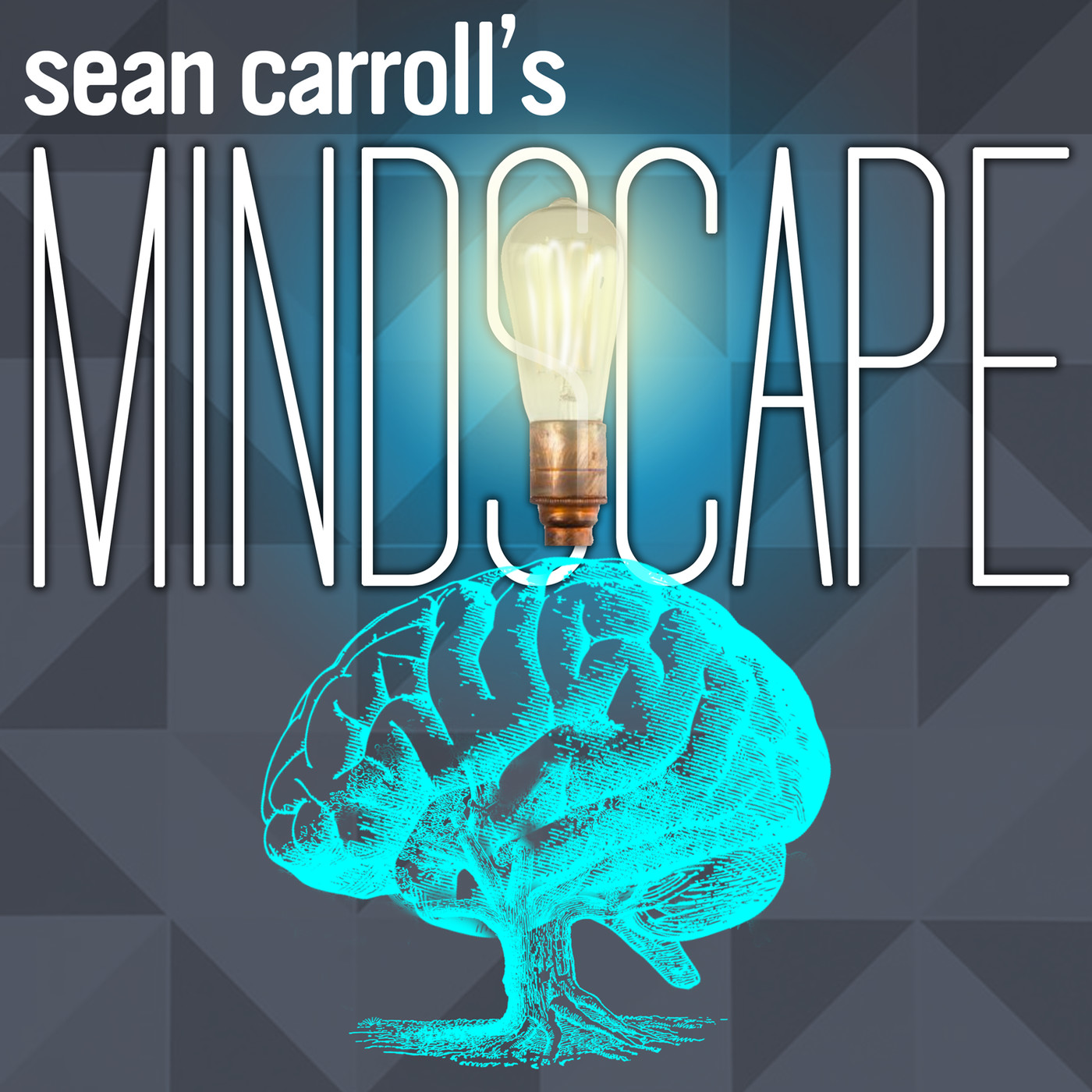
36 | David Albert on Quantum Measurement and the Problems with Many-Worlds

Sean Carroll's Mindscape: Science, Society, Philosophy, Culture, Arts, and Ideas
Shownotes Transcript
Quantum mechanics is our best theory of how reality works at a fundamental level, yet physicists still can’t agree on what the theory actually says. At the heart of the puzzle is the “measurement problem”: what actually happens when we observe a quantum system, and why do we apparently need separate rules when it happens? David Albert is one of the leading figures in the foundations of quantum mechanics today, and we discuss the measurement problem and why it’s so puzzling. Then we dive into the Many-Worlds version of quantum mechanics, which is my favorite (as I explain in my forthcoming book Something Deeply Hidden). It is not David’s favorite, so he presents the case as to why you should be skeptical of Many-Worlds. (The philosophically respectable case, that is, not a vague unease at all those other universes.) Support Mindscape on Patreon or Paypal. David Albert received his Ph.D. in physics from Rockefeller University. He is currently the Frederick E. Woodbridge Professor of Philosophy at Columbia University. His research involves a number of topics within the foundations of physics, including the arrow of time (coining the phrase “Past Hypothesis” for the low-entropy state of the early universe) and quantum mechanics. He is the author of a number of books, including Time and Chance, Quantum Mechanics and Experience, and After Physics. Columbia web page Publications at PhilPapers Wikipedia page Videos at Closer to Truth BigThink interview
See Privacy Policy at https://art19.com/privacy and California Privacy Notice at https://art19.com/privacy#do-not-sell-my-info.